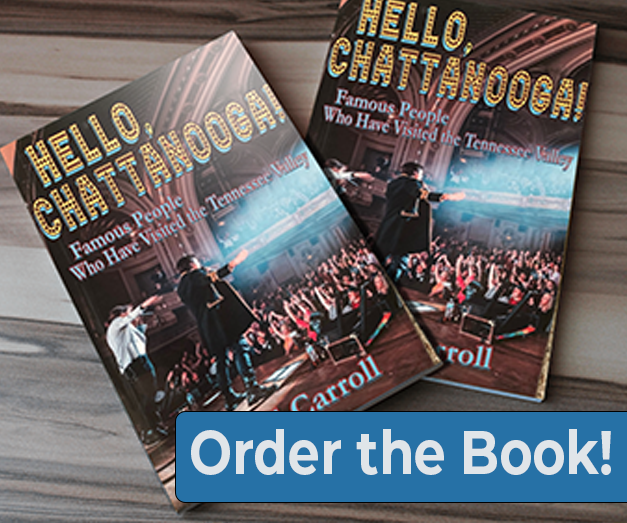I write about the state of the news media from time to time, at least from my point of view. In case you haven’t noticed, my profession ranks somewhere around telemarketers and meth dealers in public trust surveys.
Much of the anger toward reporters seems to be aimed at the national media. It’s like the old joke about Congress: Folks hate Congress, but they love their Congressman.
Still, as the political climate has divided the nation, some of that media distrust has trickled down to the local level. If we report a story that seems to put the president in a bad light, his supporters say we are biased. If we report a story that seems to give him credit for something positive, his detractors say the same thing. Unlike say, fifty years ago, many Americans now prefer news content that reinforces their beliefs.
As long as anyone can remember, those of us who use notepads, cameras, and microphones have been accused of favoring bad news. Some people are convinced that we wake up each morning hoping a prominent citizen will get arrested, a building will go up in flames, or a car will veer off into a ditch. I’ve worked with hundreds of reporters over the years, and I can assure you that we wish no ill will toward anyone.
Certainly a quiet news day is not to our advantage. If for instance, a local teacher wins a statewide award, we will put it on the news, even though it will attract little attention or interest outside the teacher’s school. On the other hand, if that teacher is charged with a crime, we will put that on the news, and it will soon be the talk of the town.
Some will then say, “What about the guy who patches potholes? If he committed that same crime, y’all wouldn’t even mention it.” You may be right. Those in positions of responsibility (including journalists) will get make the front page if they are arrested. Oh, and believe me, if we fail to report those arrests, we will be “in on the cover-up.”
So, yes, I am often the bearer of bad news. In recent years, I have been the person who told you that five servicemen were gunned down in a terror attack in my hometown. I was the guy who broke the news that elementary school children had lost their lives in a school bus crash. More frequently, I’m the one who greets you when you arrive home, only to tell you that a beloved person on the local or national level has passed away while you were at work.
I would strongly prefer to tell you that the president, the governor, or Bill Gates had dropped in to present a million dollar check to a deserving organization, but that happens far less often.
So I am not surprised when someone sees me at the store, and tells me, “I used to watch you on the news, but it is just so depressing now.” I can assure you it is no less depressing on my side of the camera.
How then, can we who gather and deliver the news make it more palatable? How can we convince you to endure the daily parade of mugshots and car crashes, in hopes of us providing something sweet to erase the bad taste?
For starters, we must do a better job of finding the good-news stories you tell us you want to see. Then, we must avoid presenting them with a boring sameness that make you click the remote. Much like the circus, once we get you into the tent, we want you to stay and buy the popcorn.
But before you condemn the “evil media” for our seemingly-endless negativity, give us some credit for shining light in the dark corners that need exposure. One of my first education story assignments was at an old elementary school that was using trash cans throughout the building to collect raindrops from a leaky roof.
The principal asked me not to do the story, fearing unfavorable publicity. I said, “How much more harm can I do? Your students are getting soaked!” I persuaded her to let me put it on TV, in an effort to shame the local commissioners into funding a new roof. Soon, they had one. A little media “sunshine” helped the cause.
Good journalism can do the same on a national level. Locally, I share this responsibility with others in my town and in yours. I hope you will support us, and offer constructive opinions as we perform this duty. We may not always report what you want to hear, but as those who have lived in other countries will tell you, our free American form of journalism sure beats the alternative.


